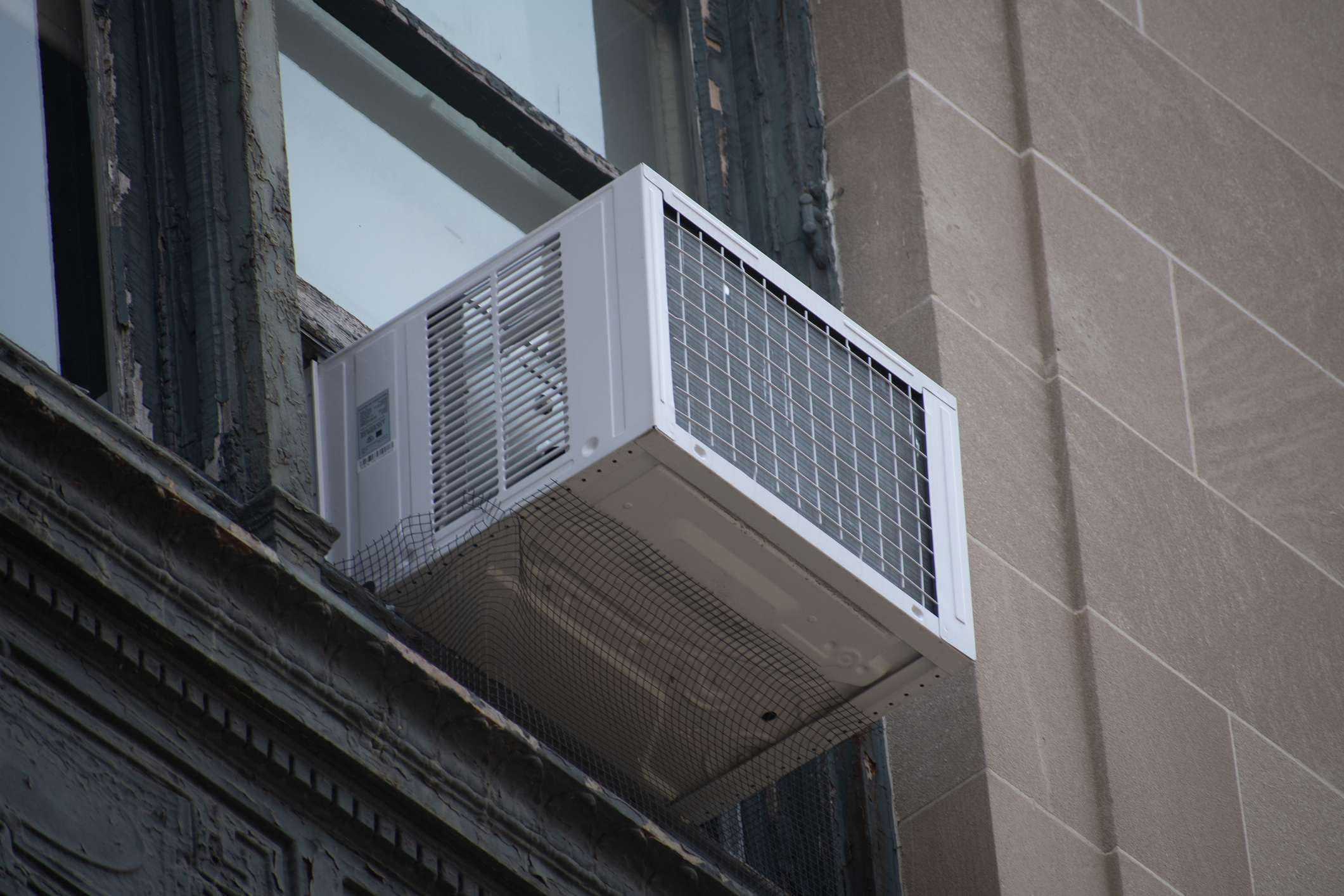As temperatures rise, the U.S. Department of Housing and Urban Development (HUD) is taking action to ensure public housing residents can stay cool during the scorching summer months. In a June 13, 2024 notice, HUD reminded public housing authorities (PHAs) that they can utilize capital and operating funds to help residents beat the heat. Additionally, HUD clarified that PHAs may establish a policy to provide individual relief and immediately start granting relief requests from air conditioning or cooling-related surcharges or utility supplier billings based on severe or extreme heat.
Here's a summary of the key points and how PHAs can leverage their resources.
Understanding PHA capital funds and operating subsidies
PHAs receive two primary types of funding from HUD: Capital Funds and Operating Subsidies.
-
Capital Funds are designated for significant improvements and modernization projects, including structural and building system upgrades. These funds are typically used for long-term investments that enhance the overall quality and sustainability of public housing.
-
Operating Subsidies cover day-to-day operational costs such as maintenance, utilities, and administrative expenses. These funds are essential for the routine management and upkeep of public housing units.
Due to their specific nature, these funds are limited to certain expenses. For instance, Capital Funds typically cannot be used for regular maintenance tasks that fall under the scope of Operating Subsidies, and vice versa. This distinction ensures that funds are used appropriately and according to federal regulations.
HUD's guidance on cooling technologies
HUD's June 2024 notice provides a detailed framework for how PHAs can use these funds to address the challenges of extreme heat. Here are the main takeaways:
- Eligible Uses of Capital Funds:
-
PHAs can use Capital Funds to install air conditioning and other cooling technologies in living units and common areas. This includes purchasing and installing equipment such as air conditioners, smart thermostats, and passive cooling systems. Temporary air condition devices, such as window or portable units, are an eligible Capital Fund expenditure. Capital Funds may also be used for costs associated with storing such units when they are not in use. However, Capital Funds cannot be used to cover the cost of cyclical installation, such as installing and uninstalling window units every summer. In such cases, the installation cost would be an eligible maintenance expense and, thus, an eligible use of Operating Subsidies.
-
Capital Funds can also cover building modifications necessary for installing cooling devices, such as electrical upgrades and structural reinforcements for window units.
-
Complementary improvements, such as weatherization and energy-efficient upgrades, are also eligible under Capital Funds. These enhancements improve the efficacy of cooling systems and reduce overall energy consumption.
-
- Eligible Uses of Operating Subsidies:
-
Operating Subsidies can be used to cover the costs associated with cooling common areas within public housing properties. This includes the operational expenses of air conditioning in spaces like lobbies, hallways, and community rooms.
-
Operating Subsidies can also cover the cost of cyclical cooling technology installation, such as installing and uninstalling window units every summer.
-
However, Operating Subsidies cannot typically be used to subsidize in-unit air conditioning expenses unless individual relief policies are adopted. The PHA may not charge the resident when in-unit air conditioning is provided as a reasonable accommodation.
-
Individual relief policies for extreme heat
PHAs have the discretion to establish policies that provide individual relief to residents facing excessive utility charges due to extreme heat. This means that PHAs can adjust utility allowances or waive surcharges for air conditioning use during periods of severe heat, ensuring residents are not penalized for staying cool.
For 2024, PHAs may immediately grant individual relief requests based on severe or extreme heat before providing a new utility allowance notice or updating their Admissions and Continued Occupancy Policies (ACOP) or lease. Additionally, PHAs may immediately announce their intention to approve all requests for individual relief from severe or extreme heat (announcements must ensure accessibility for all residents). PHAs may also immediately provide residents with streamlined request forms. This will allow PHAs to provide individual relief to families quickly to respond to the threat of extreme heat in 2024 while updating the requisite policy documents.
HUD's guidance encourages PHAs to:
-
Develop criteria for what constitutes severe or extreme heat, allowing for flexibility in response to varying climatic conditions.
-
Implement streamlined processes for residents to request relief, making it easier for families to access necessary adjustments.
-
Communicate these policies clearly to all residents, ensuring everyone knows their rights and the available support during heat waves.
Moving forward
With extreme heat posing significant health risks, especially to vulnerable populations, HUD's reminder is timely and essential. By effectively leveraging Capital Funds and Operating Subsidies, PHAs can enhance their properties' resilience to high temperatures and safeguard the well-being of their residents.
PHAs are encouraged to review HUD's detailed guidance and take proactive steps to implement these cooling measures. This will promote public health and comfort and align with broader public housing energy efficiency and sustainability goals.
You can read the full HUD notice here for more information on the specifics of the notice and how PHAs can apply these guidelines.
Additional HAI Group resources:
- [HAI Group Online Training] Heat Illness Prevention Informative Short Course
- [HAI Group Blog] How to Identify and Prevent Heat-Related Illnesses
This article is for general information only. HAI Group makes no representation or warranty about the accuracy or applicability of this information for any particular use or circumstance. Your use of this information is at your own discretion and risk. HAI Group and any author or contributor identified herein assume no responsibility for your use of this information. You should consult with your attorney or subject matter advisor before adopting any risk management strategy or policy.





